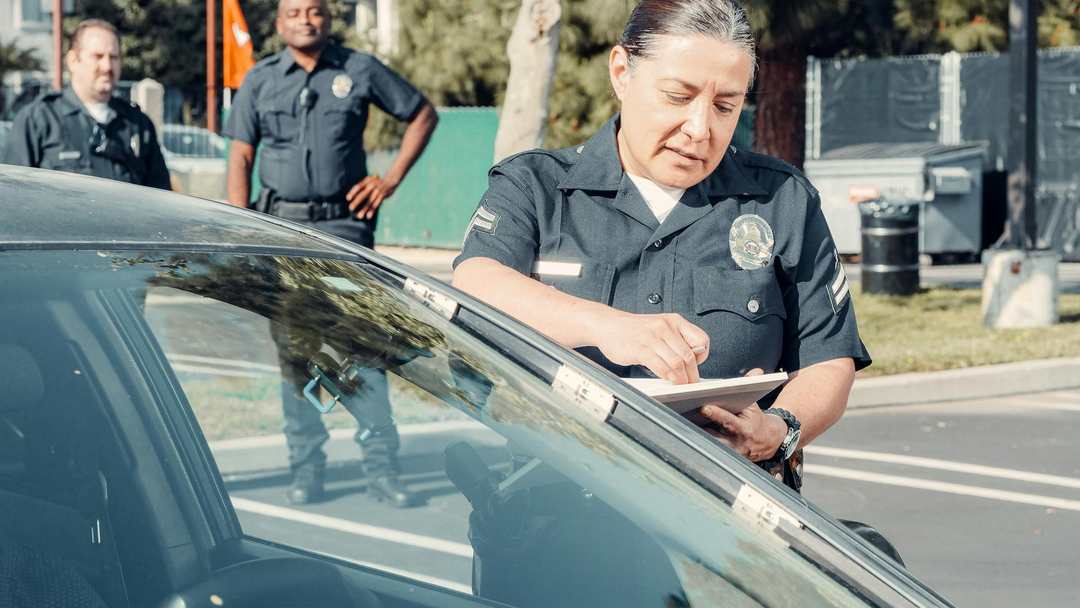October 10, 2023
LANSING – Senate Bills 395-396 bring needed changes to Michigan’s time-intensive educator evaluation system and will allow teachers and school administrators to spend more time focused on students, according to the Michigan Department of Education.
“This legislature has accomplished a great deal this session in terms of much-needed investments in education funding and in addressing flaws in education policy,” saidState Superintendent Dr. Michael Rice. “Improving educator evaluation laws will be the next major legislative effort to improve public education for students.”
This effort to improve educator evaluation laws is critical for at least two reasons, both associated with time—for children to learn and teachers to teach, Dr. Rice said.
“First, it is vitally important because we have spent so much time evaluating staff, not to thebenefitof children but rather at theexpenseof time that could and should have been spent educating children,” Dr. Rice said. “Bottom line–we need to pour more time into teaching children.”
The second reason according to Dr. Rice is that the state legislature will likely not revisit this topic for several years. “What we do on this topic now will affect our children for a decade,” he said.
The bills before the Senate Education Committee would provide the opportunity for effective teachers to be formally evaluated every three years instead of annually or biennially, but would permit more frequent evaluation if necessary; and provide school administrators time to have a more significant focus on the needs of inexperienced and otherwise struggling staff who require more assistance to become effective teachers of children.
Have you been charged with a crime?
Have your rights been violated?
Have your driving priviledges been revoked?
Has your professional license been suspended?
Call our office to see if we can help
Komorn Law 248-357-2550
Dr. Rice said that the committee is making strong progress in improving educator evaluations in Michigan, and that he appreciated the continued work being done in having a measure of student growth or student learning objective included in the educator evaluation process.
“Although the state summative assessments should never have been part of educator evaluations and should be removed from the evaluation process, we believe strongly that some portion of educator evaluations should be associated with a student growth or student learning objective measure, locally determined between teacher and administrator, based on the teachers’ subjects, grade levels, and individual goals,” Dr. Rice said.
“This is a matter of student growth as well as the professional growth of educators,” he said. “We have to get it right.”
The Senate Education Committee heard testimony on Senate Bills 395-396 today and is expected to take action on the legislation soon.
Related News
- Michigan makes post-COVID education crisis worse
- Disrupted Learning During the Pandemic Causes Dip in State Assessment Scores
- National assessment shows Michigan students stumbled in reading and math
- Gaps in Michigan student achievement remain wider than pre-pandemic norm, report finds
- Michigan students lost ground during COVID. This is what an education nonprofit says will close the gap.
- Scholarship and Grant Programs
More Posts

Cleary becomes latest US law firm to add non-equity partners
See you in the Home Depot lot.Oct 10, 2024 (Reuters) Cleary Gottlieb Steen & Hamilton will create a new category of non-equity partners, becoming the latest major U.S. law firm to move away from the traditional single-tier structure in which all partners have an...

MI Court of Appeals – MRTMA defense denied dismissal
Does the Michigan Regulation and Taxation of Marihuana Act protect you in all Marijuana scenarios?The Conflict The central issue in this interlocutory appeal is whether the Michigan Regulation and Taxation of Marihuana Act (MRTMA), MCL 333.27951 et seq., prevents a...

The “Automobile Exception” in Michigan law
The "automobile exception" in Michigan law allows police to search a vehicle without a warrant if they have probable cause to believe it contains evidence of a crime.This exception is grounded in the idea that vehicles are inherently mobile, meaning evidence could be...

The search being challenged was triggered by the odor of cannabis
The case People of Michigan v. Freddie Wilkins III (No. 367209) revolves around a legal challenge regarding the search of a vehicle without a warrant.Police conducted a warrantless search under the "automobile exception."The case People of Michigan v. Freddie Wilkins...

Carrying a Concealed Weapon in Michigan
Carrying a concealed weapon (CCW) in Michigan without proper authorization is a crime.Carrying a concealed weapon (CCW) in Michigan without proper authorization can lead to serious criminal charges. Michigan law has strict regulations regarding firearms, and violating...

MI Supreme Court Declines to Intervene in Public Records Dispute
Michigan Supreme Court Declines to Intervene in Public Records DisputeTeachers Union and School District at Odds Over Data AccessThe Michigan Supreme Court recently declined to hear a case regarding whether public school teachers' class materials are subject to the...

Felony Firearm Possession in Michigan
Felony Firearm Possession in Michigan.In Michigan, the laws surrounding firearms are strict, especially when it comes to felony firearm possession. If you’re charged with a felony and found to be in possession of a firearm during the crime, the penalties can be...

Do the passengers in your vehicle have 4th Amendment Rights?
Do Passengers in your vehicle have 4th Amendment Rights against Search and Seizure?Passengers in a vehicle are afforded Fourth Amendment protections against unreasonable searches and seizures, though the scope of these rights varies based on the specific circumstances...

Probable Cause v Reasonable Suspicion
What's the difference between probable cause and reasonable suspicion?Definition of Probable Cause Probable cause refers to the belief held by a reasonable person that a crime is currently being committed, has already been committed, or is likely to be committed in...

Are there exceptions that justify warrantless searches?
Exceptions to your 4th Amendment Rights against Search and Seizure (more to come).The Fourth Amendment of the U.S. Constitution safeguards citizens by prohibiting unreasonable searches and seizures and generally mandates the necessity of a warrant for such intrusions....











